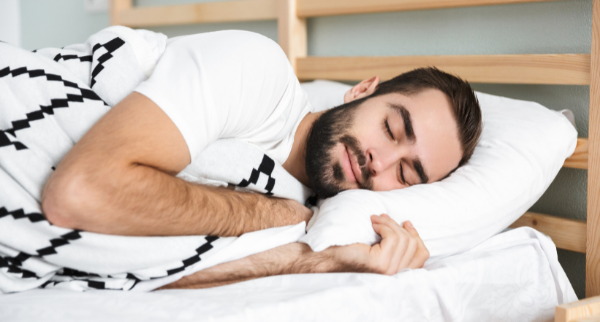ENHANCING RESILIENCE

Resilience is a well researched phenomena that we develop over time from our experiences of dealing with challenges and adversity. We sure know when we have it and times when we don't!
It enables us to grow and become better at coping and solving problems proactively as well as reactively in the future. When we talk about resilience, we’re talking about our ability to cope well with the ups and downs, stressors and strains, and bounce back from life's challenges as and when they happen.
For example, we all find our resilience is tested when we are implementing new or unfamiliar changes, managing a chronic illness, moving out of our comfort zone, feeling frustrated or anxious about something or someone, dealing with conflict within a relationship, feeling under pressure to perform, experiencing boredom, low motivation, or recovering from mental or physical trauma or injury.
Common signs of low resilience
Inability to emotionally regulate ourselves e.g., increased irritability, tiredness, low energy, intolerance, mood swings, depression, anxiety, eating and appetite problems, low self-esteem.
Trouble sleeping e.g., Insomnia, nightmares, flashbacks, rumination, nocturnal enuresis.
Withdrawal or avoidance from social and/or intimate situations e.g., social isolation, loneliness, not interacting with friends or family, or becoming overly dependent and reliant on others for support.
Avoiding seeking or asking for help e.g., from family, friends, colleagues, employers, or medical and psychological professionals.
Struggles with work or study, e.g., poor performance, low motivation, avoiding work/study, inability to concentrate or difficulty absorbing information, procrastination, lack of confidence.
Frequent aches and pains e.g., often appearing without notice nor rhyme or reason.
Adopting unhealthy or inappropriate behavioural responses to stress & anxiety e.g., avoidance, overeating, unhealthy eating & drinking, smoking, drug use, nail-biting, thumb sucking, etc.
Resilience is as important for our mental health as it is for our physical well-being.
The greater our resilience, the better equipped we are to manage common responses to stressful events.
The better we deal with stressful events the lower our risk of developing or worsening chronic mental and physical health conditions.

No matter how skilled we believe we are at navigating the physical and psychosocial world, there will always be room for improvement. Resilience is a set of skills that we can all have which is strengthened through persistence and practice.
Resilience helps us stand strong and relaxed in the face of adversity for example when we feel misjudged, mistreated, disrespected, misunderstood, abused, or bullied, etc.

Resilience prevents us from becoming aggressive and angry towards others or events that can make us feel that way, or from turning the negativity inwards towards ourselves leaving us feeling anxious, stressed, fearful, low in confidence and self-esteem, depressed, avoidant, physically unwell, experiencing suicidal ideation, isolation, and loneliness, etc.
No matter how old we are, or what our background or social status is, resilience is something we all build through experience and use widely in all kinds of situations to manage all kinds of challenges. Sometimes, however, it takes a little more time and patience than usual to access it when we really need it!
ENHANCING RESILIENCE BLUEPRINT
Enhancing resilience is an essential ongoing practice for lifelong health and well-being, enabling us to feel resourced in the face of adversity and challenge. By using our resilience blueprint you will be supported in succeeding at enhancing your resilience where you'll experience more of the following:
- Energy & alertness – sleep better, less tension & stress. Better focus and concentration.
- Thoughts & behaviours – clarity of mind & space allows us to put things in perspective and not blow things out of proportion.
- Relationships with others – when we slow things down, we can feel we have time for others rather than being somewhere else. Less reactive, defensive or hostile towards others which reduces friction and arguments.
- Emotional regulation/stability– deliberate more on how we’re feeling and respond better e.g., calmer, more considered, mindful, and less angry or frustrated with ourselves or others. Eliminates mood swings, making us more predictable and in control of our behaviours.
- Decision making – space to think through things calmly and patiently and make better/healthier choices.
- Memory retention/recall – slows things down so we can be mindful of the information we are processing and absorb it fully so it gets stored in our memory banks for later, accurate recall.
- Patience & tolerance – higher tolerance thresholds. We persist and more willing to feel we have time for things. Stop off to smell the roses. Be more mindful of what we’re doing, thinking, and feeling.
- Resilience – being more aware, optimistic, accepting, accommodating, & better resourced to manage everyday experiences, and out of the ordinary challenges!

